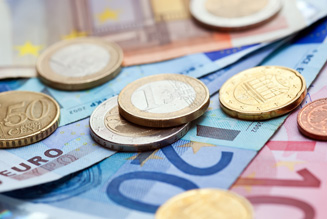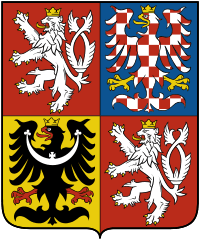The EEA and Norway Grants represent the contribution of Iceland, Liechtenstein and Norway to reducing economic and social disparities and to strengthening bilateral relations with 15 EU countries in Central and Southern Europe and the Baltics.
The Czech Republic has been a recipient of this financial support since 2004 when we joined the European Union and therefore the European Economic Area (EEA) as well.
Since 2004 the EEA and Norway Funds have supported a number of interesting projects for more than CZK 6 billion in the Czech Republic. Currently the Czech Republic is the fifth biggest recipient after Poland, Romania, Hungary and Bulgaria.
The Memoranda of Understanding for a current third programming period of the EEA and Norway Grants were officially signed at the Anežský klášter premises in Prague on 4th September 2017. The Czech Republic will receive EUR 184.5 million (approximately CZK 5 billion) in the new period. Supported will be projects focusing primarily on research and innovation, environmental protection, cultural heritage and cultural cooperation, public health, education and cooperation in justice. Great emphasis is given on human rights, the inclusion of Roma and the development of civil society.
The new period also offers great opportunities for bilateral projects and activities.
Financial Mechanism Office is the secretariat of the EEA and Norway Grants for all beneficiary countries.
Would you like to know more? Watch our video...
As a result of the Covid 19 pandemic, the following measures were taken by donors and the EEA and Norway Grants: most meetings, evaluation panels and workshops were moved to the virtual sphere. In order to mitigate possible complications arising from government measures, call deadlines were extended and project advances were increased. Projects were allowed to postpone the project start date and extend the project implementation period (up to a maximum of 30 April 2024). In most programmes, projects were also allowed to use project funds to purchase equipment for the implementation of online activities (e.g. communication and transmission equipment, videoconferencing equipment) and the associated revision of the project budget.



.jpg)
.jpg)